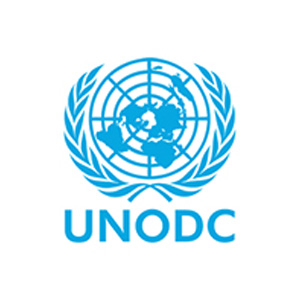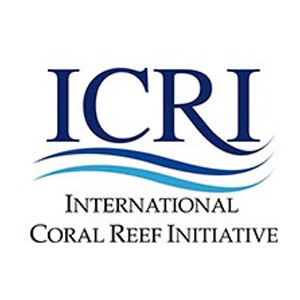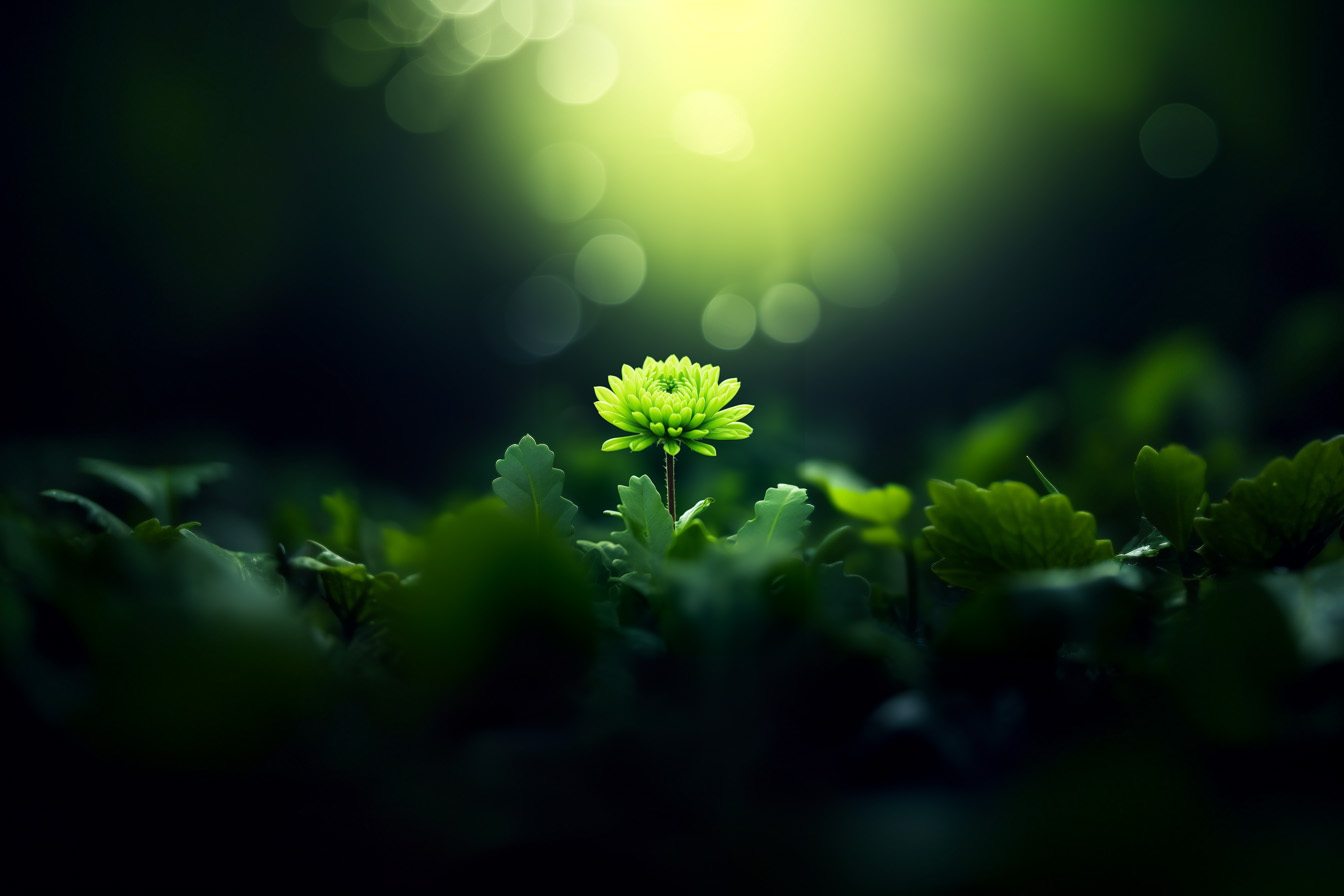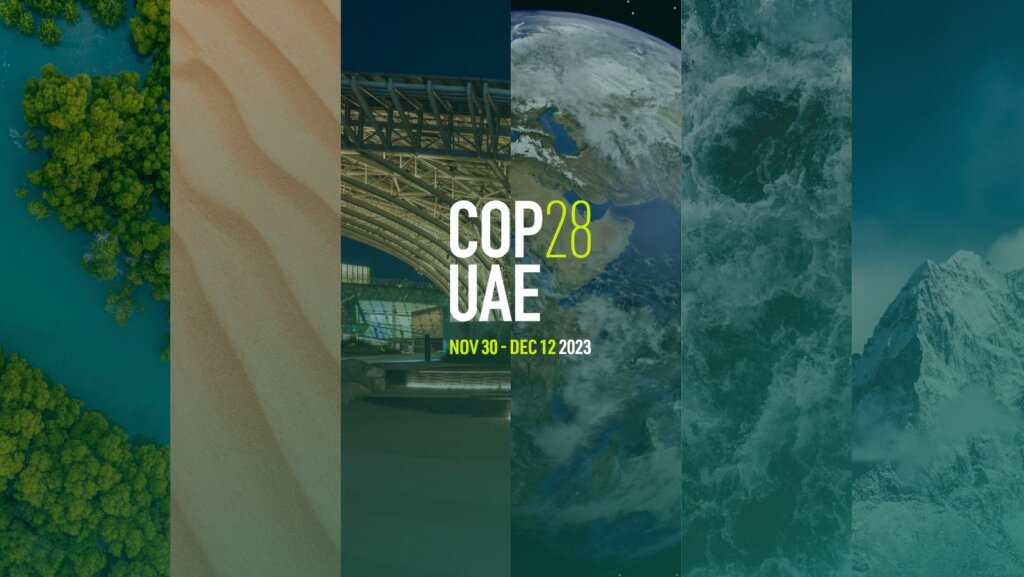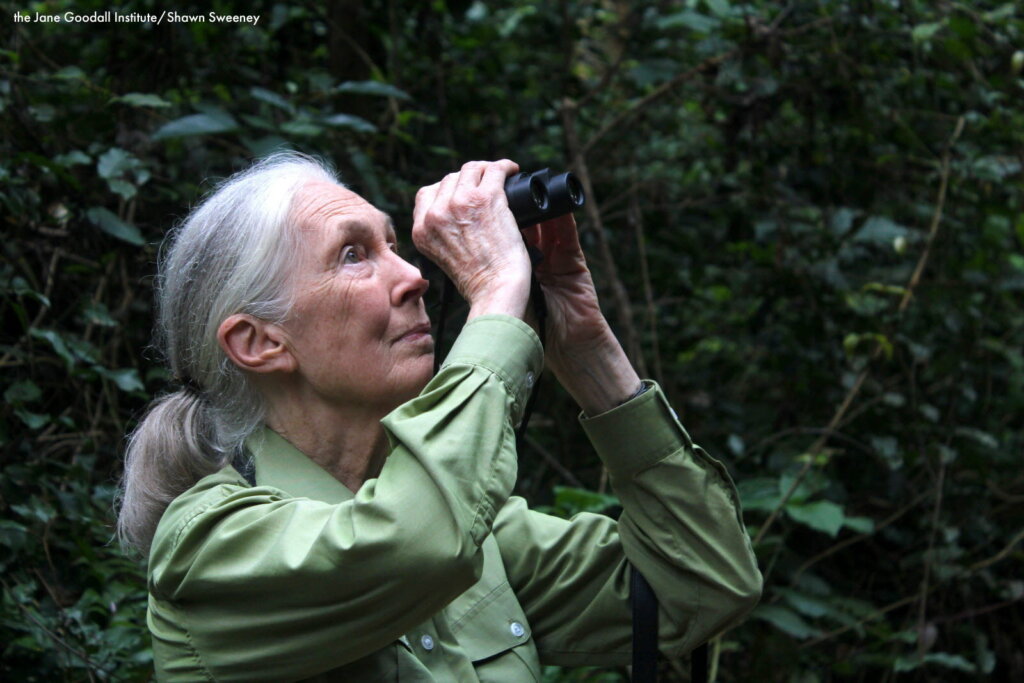PLANET 2030
HEALING, PROTECTING AND RESTORING NATURE
FOR PEOPLE, BIODIVERSITY AND THE PLANET.

PLANET 2030 is a world movement on nature conservation and restoration, driven by a coalition of organizations across the globe. As part of the United Nations Decade on Ecosystem Restoration, PLANET 2030 aims to mobilize civil society and businesses to accelerate concrete initiatives to restore the planet.
Free Spirit Foundation, one of the 36 co-authors and co-leaders of the ACTION PLAN for the United Nations Decade for Ecosystem Restoration 2021-2030, has launched the PLANET 2030 movement. In an era marked by escalating climate change and biodiversity loss, the imperative to heal, to protect and restore nature has never been more urgent. The health of our planet is intricately linked to the health of its ecosystems. By conserving and restoring nature, we not only mitigate the impacts of climate change but also safeguard the well-being of future generations. At PLANET 2030, we recognize that nature conservation and restoration are essential pillars in the fight against climate change and are vital for the preservation of biodiversity and the sustainability of our planet.
WHAT WE DO

RAISING AWARENESS
Raising public awareness about the challenges related to nature restoration.

PROTECTING NATURE
Embracing a daily sustainable lifestyle and preserving the nature that surrounds us.
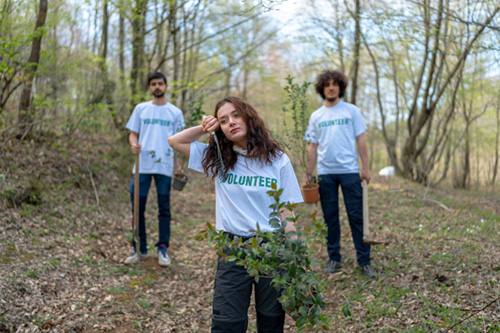
RESTORING NATURE
Restoring ecosystems (forests, oceans) in order to protect the future of the planet.
COMMITMENT IN 2024
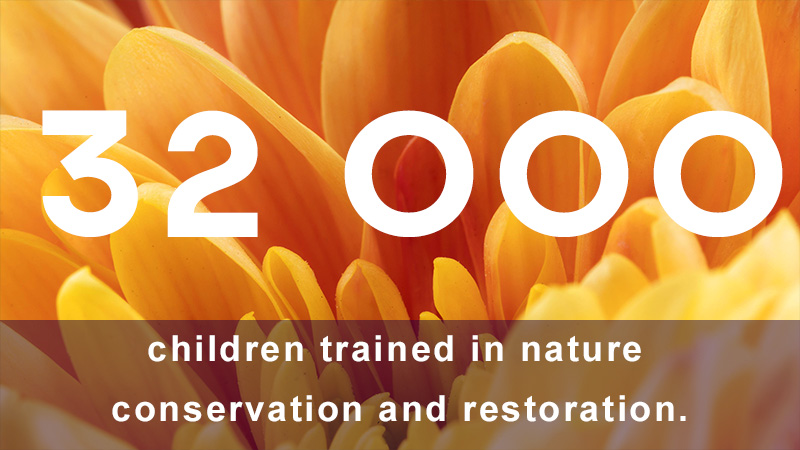
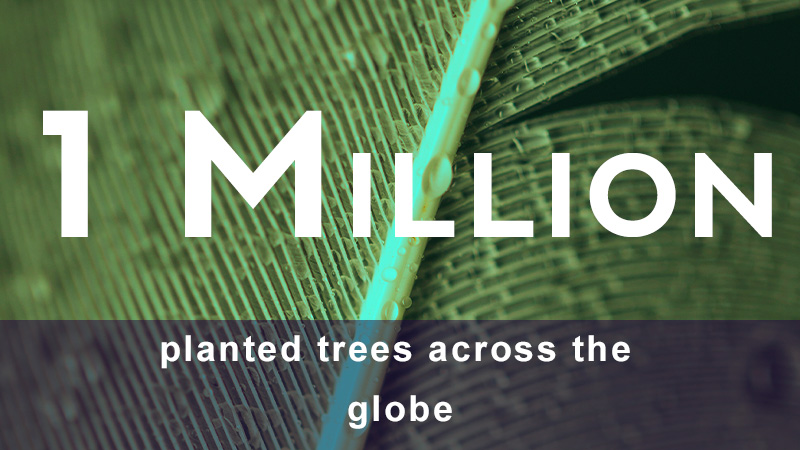
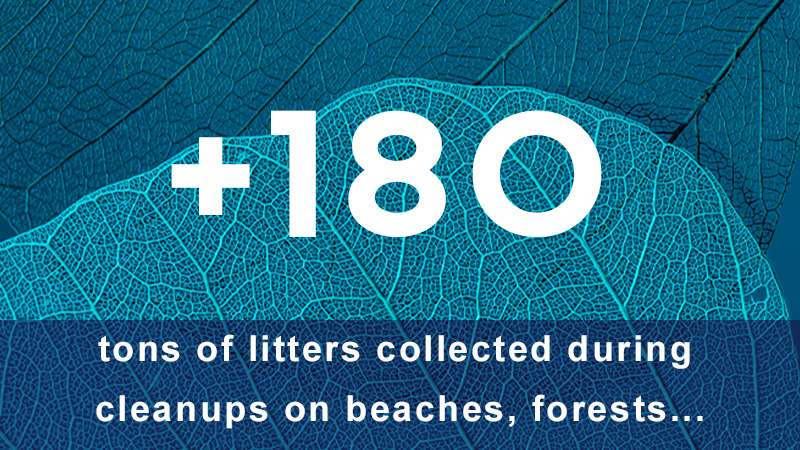
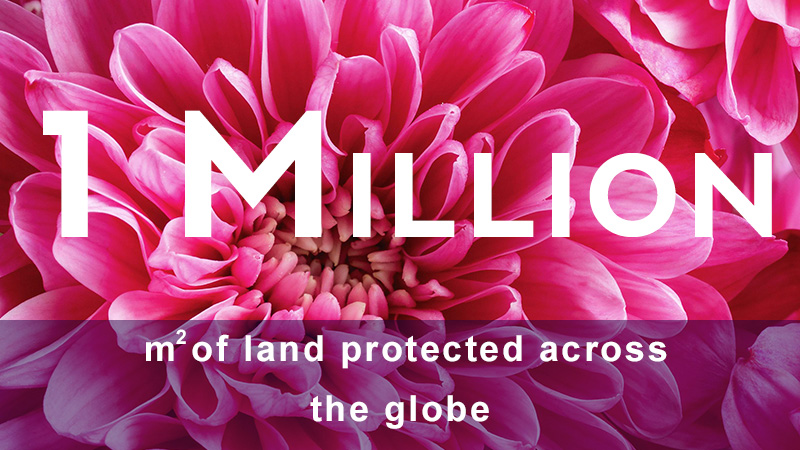
PLANET 2030 : A PROJECT OF THE UNITED NATIONS DECADE
ON ECOSYSTEM RESTORATION 2021-2030
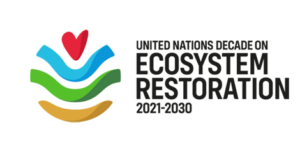
ABOUT THE UNITED NATIONS ON ECOSYSTEM RESTORATION 2021-2030
The UN Decade on Ecosystem Restoration is a rallying call for the protection and revival of ecosystems all around the world, for the benefit of people and nature. It aims to halt the degradation of ecosystems, and restore them to achieve global goals. Only with healthy ecosystems can we enhance people’s livelihoods, counteract climate change, and stop the collapse of biodiversity. The UN Decade runs from 2021 through 2030, which is also the deadline for the Sustainable Development Goals and the timeline scientists have identified as the last chance to prevent catastrophic climate change.

PLANET 2030 : PART OF ACTION PLAN OF THE UN DECADE ON ECOSYSTEM RESTORATION 2021-2030
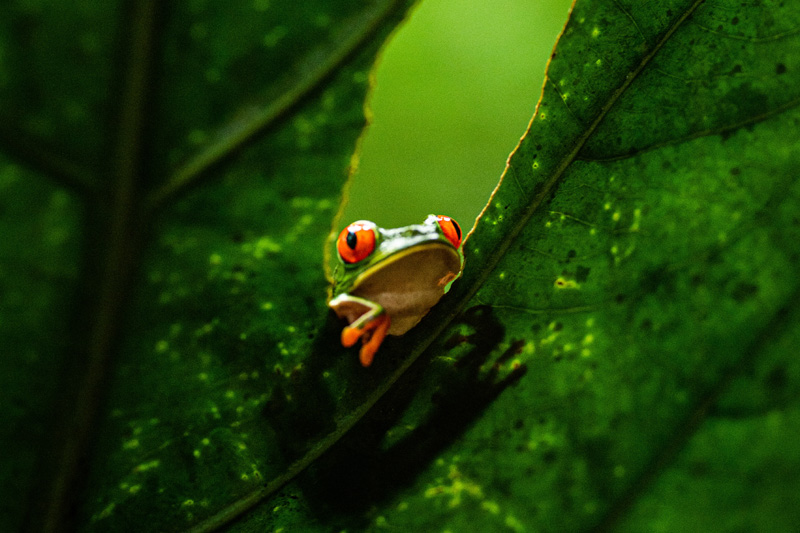
Our organization, the Free Spirit Foundation, is one of the 35 global organizations selected as co-authors and co-leaders of the ACTION PLAN for the United Nations Decade for Ecosystem Restoration 2021-2030 (released in April 2023).
This action plan sets out the next steps to collectively work towards the goals and vision of the UN Decade on Ecosystem Restoration. Moving from strategy to action, this plan aims to allow UN Decade partners to mobilise around key priority areas for restoration – the Restoration Challenges – and provide leadership. The Action Plan includes 12 challenges such as biodiversity, climate, local communities, education, and many others.
RESILIENT EARTH 'NEEDS OUR HELP' TO REVERSE DAMAGE, SECRETARY-GENERAL STRESSES IN MESSAGE FOR WORLD ENVIRONMENT DAY
We are rapidly reaching the point of no return for the planet. We face a triple environmental emergency — biodiversity loss, climate disruption and escalating pollution.
For too long, humanity has cut down the Earth’s forests, polluted its rivers and oceans, and ploughed its grasslands into oblivion. We are ravaging the very ecosystems that underpin our societies. And, in doing so, we risk depriving ourselves of the food, water and resources we need to survive.
This global movement will bring together Governments, businesses, civil society and private citizens in an unprecedented effort to heal the Earth. By restoring ecosystems, we can drive a transformation that will contribute to the achievement of all the Sustainable Development Goals.
UN Secretary-General António Guterres’
World Environment Day
5th June 2021
WHAT IS ECOSYSTEM RESTORATION ?
Ecosystem restoration means assisting in the recovery of ecosystems that have been degraded or destroyed, as well as conserving the ecosystems that are still intact. Healthier ecosystems, with richer biodiversity, yield greater benefits such as more fertile soils, bigger yields of timber and fish, and larger stores of greenhouse gases.
Restoration can happen in many ways – for example through actively planting or by removing pressures so that nature can recover on its own. It is not always possible – or desirable – to return an ecosystem to its original state. We still need farmland and infrastructure on land that was once forest, for instance, and ecosystems, like societies, need to adapt to a changing climate.
Between now and 2030, the restoration of 350 million hectares of degraded terrestrial and aquatic ecosystems could generate US$9 trillion in ecosystem services. Restoration could also remove 13 to 26 gigatons of greenhouse gases from the atmosphere. The economic benefits of such interventions exceed nine times the cost of investment, whereas inaction is at least three times more costly than ecosystem restoration.
All kinds of ecosystems can be restored, including forests, farmlands, cities, wetlands and oceans. Restoration initiatives can be launched by almost anyone, from governments and development agencies to businesses, communities and individuals. That is because the causes of degradation are many and varied, and can have an impact at different scales.
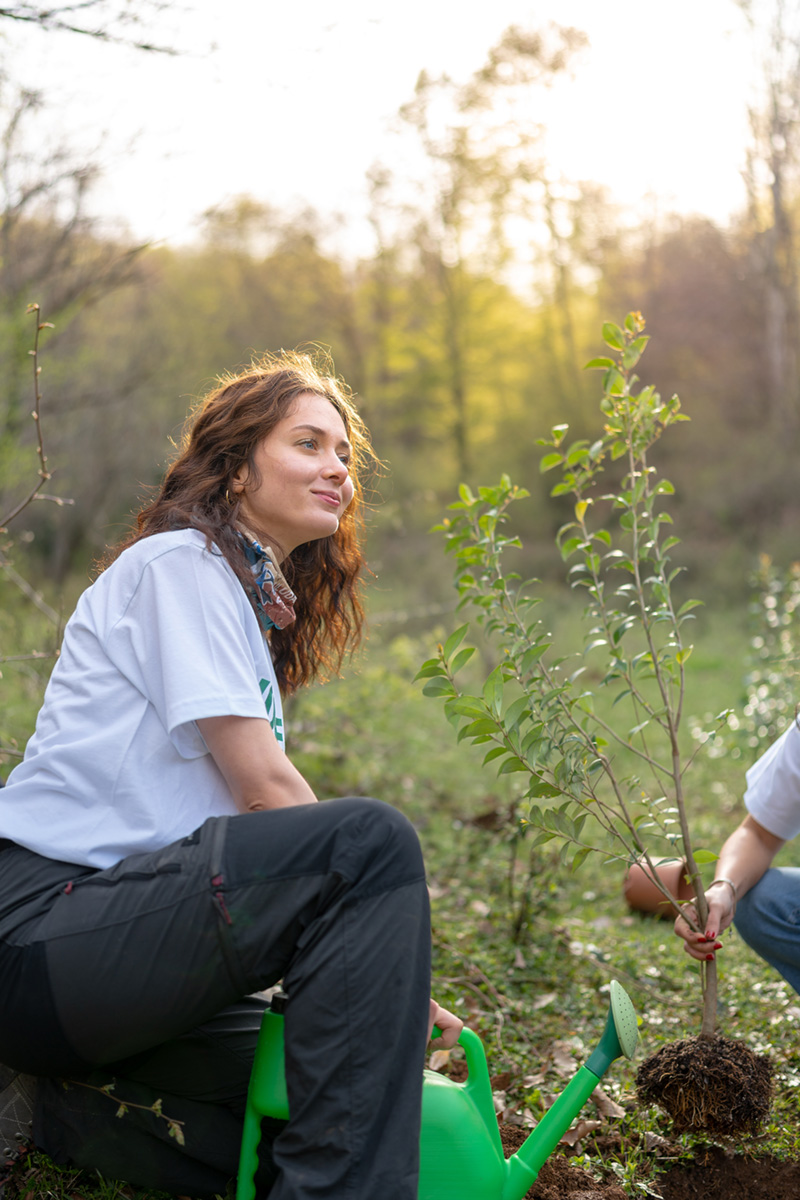

WHY ECOSYSTEMS ARE SO IMPORTANT
Ecosystems are the web of life on Earth. An eco- system comprises all the living organisms and the interactions among them and with their surround- ings in a given place. They exist at all scales, from a grain of soil to the entire planet, and include forests, rivers, wetlands, grasslands, estuaries and coral reefs. Cities and farmlands containimportant human-modified ecosystems.
Ecosystems provide us with priceless benefits. They include a stable climate and breathable air; supplies of water, food and materials of all kinds; and protection from disaster and disease. Natural ecosystems are important for our physical and mental health, and for our identity. They are home to precious wildlife. For many, they are a source of wonder and spirituality.
All over the world, ecosystems face massive threats. Forests are being cleared; rivers and lakes polluted; wetlands and peatlands drained; coasts and oceans degraded and overfished; mountain soils eroded; and farmlands and grass- lands overexploited.
Unless we change our ways and protect and restore our ecosystems, we will not only destroy the landscapes we love, we will undermine the foundations of our own well-being and bequeath a degraded, inhospitable planet to future generations.
VIDEOS
PLANET 2030
I AM THE EARTH
NATURE RESTORATION
IN THE SPOTLIGHT
A GLOBAL CAMPAIGN DEDICATED TO
PRESERVING AND RESTORING THE NATURE ACROSS THE GLOBE
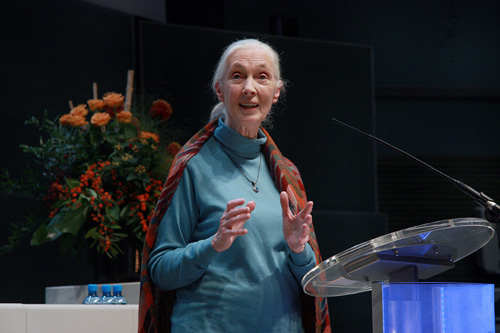
J. GOODALL INSTITUTE FR
Jane Goodall Institute France joins the PLANET 2030 global movement
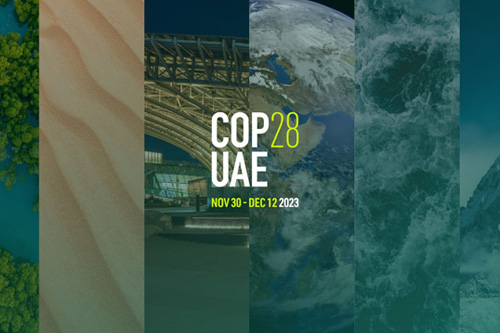
COP28 UAE
Visitors of the COP28 could discover the PLANET 2024 campaign through the ‘I AM the EARTH’ video

NATURE RESTORATION SUMMIT
The first Nature Restoration Summit mobilizing the private sector to support ecosystem regeneration

THE NATURE RESTORATION BOOK
More than 100 global experts in nature restoration converge around an inspiring book.

TREE PLANTING CONCERT
More than 300 artists combine their talent for an amazing classical music concert in Paris.

PLANET 2030 AT IFFR
290,000 visitors at the International Film Festival Rotterdam viewed the PLANET 2030 video campaign
CONNECTING KIDS & NATURE : FREE COURSES
Free Spirit has developed the Nature Restoration Training course as a part of our « CONNECTING KIDS & NATURE » initiative. This training course, available in multiple languages, is a free resource created to educate children about nature conservation and restoration.
As part of the PLANET 2030 project, « CONNECTING KIDS & NATURE » aims to introduce children to the role of Earth’s future stewards. These courses, designed to inspire and educate, are entirely free and provide a fun way for kids to learn about conserving and restoring our ecosystems, including forests, oceans, mountains, and rivers.
Within this content, facilitators, teachers, and parents can discover information, recommendations, and activities that help young people establish a stronger connection with nature.
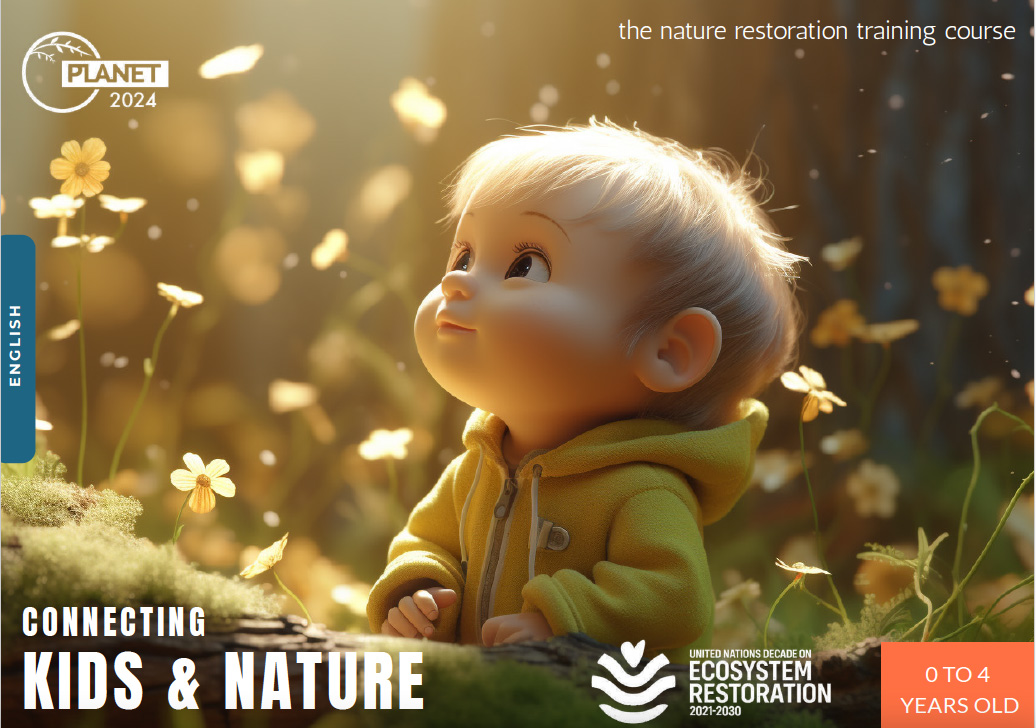
WE NEED NATURE FOR CLIMATE ACTION & CLIMATE ACTION FOR THE FUTURE OF NATURE
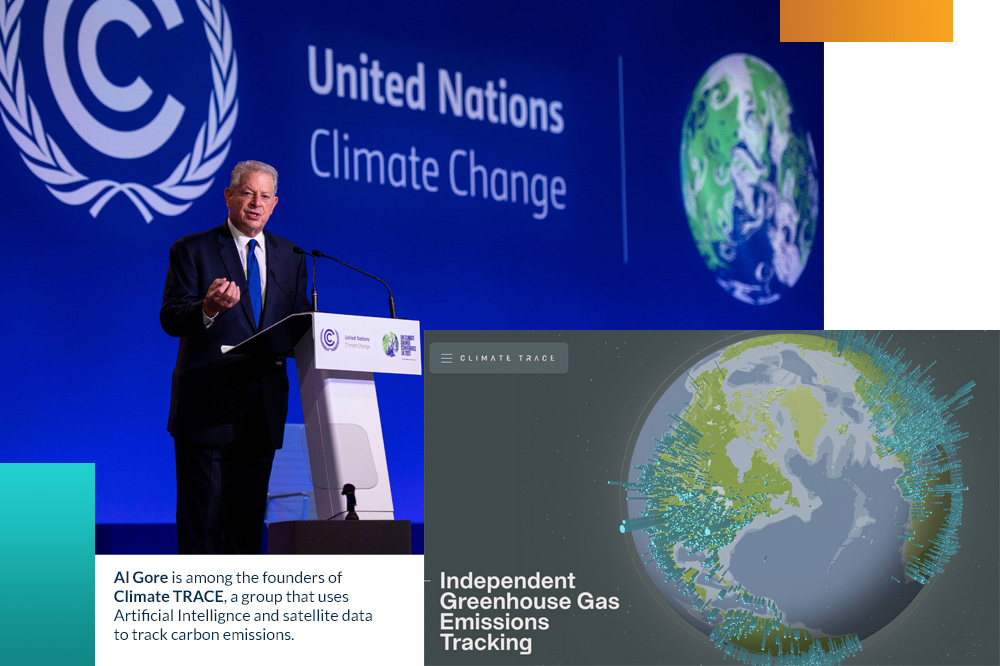
CLIMATE TRACE :
Track greenhouse gas emissions from deforestation, degradation and fires.
Climate TRACE is a global non-profit coalition created to make meaningful climate action faster and easier by independently tracking greenhouse gas (GHG) emissions with unprecedented detail and speed.
LATEST
PARTNERS
